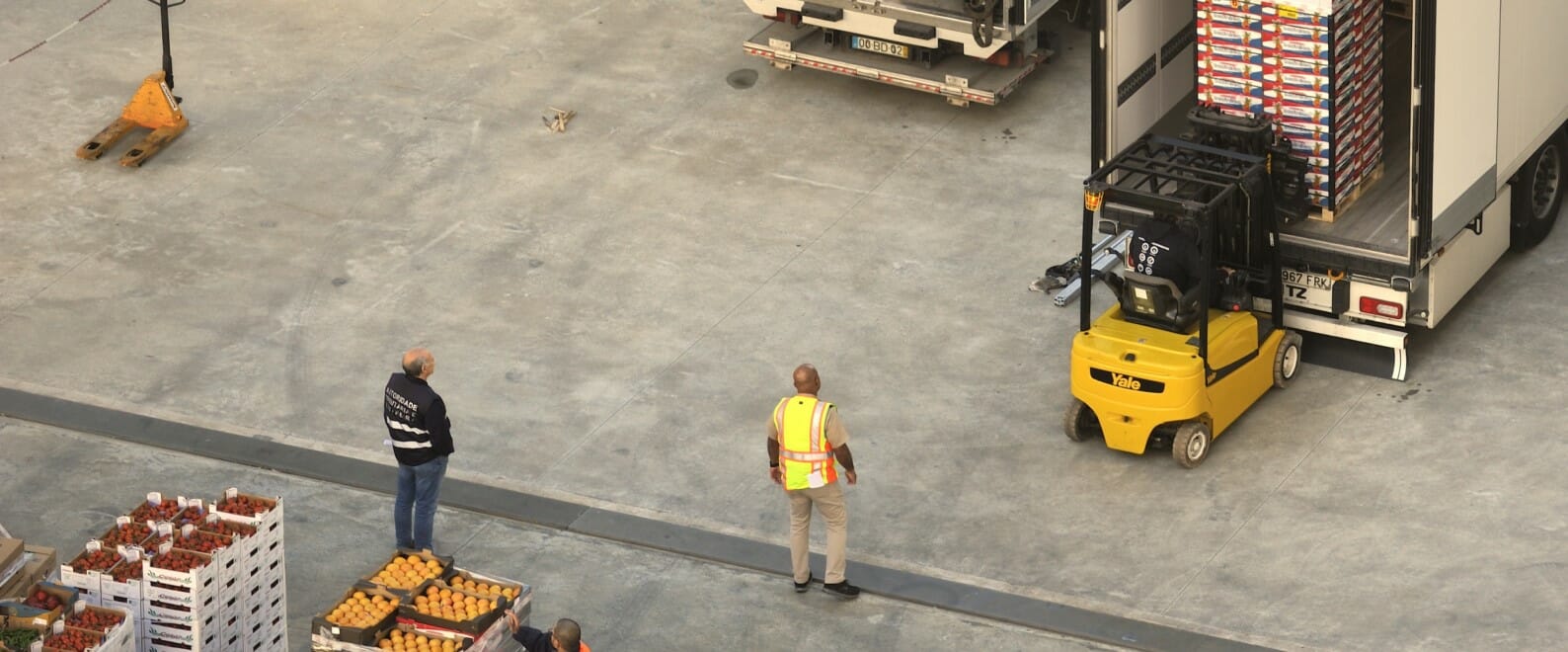Let’s delve into one of Incoterms 2020, the rules for domestic and international commercial transactions in terms of ownership, payment and delivery: today we are talking about DAP, or “Delivered at Place,” which is often associated with DDP, “Delivered Duty Paid.” What do they mean and how do they differ? What are the advantages?
DAP: what does Delivered at Place mean?
The DAP incoterm is a “Delivery at Place” clause, meaning that the seller makes the goods available to the consignee at an agreed location, but without taking care of the unloading of the vehicle: therefore, he retains responsibility for the goods shipped up to that point.
It is therefore the seller who is obliged to take care of customs clearance for export and bear all the risks associated with delivering the goods to the agreed point, such as:
- Theft.
- Loss.
- Damage.
- Destruction.
Should any of these events occur, or in the case of any other default, the seller remains liable to the buyer.
When a shipment crosses several countries, with DAP surrender it is the seller who will also take care of the formalities that may be necessary in any of the transit countries.
The buyer, on the other hand, must take care of:
- Import customs clearance.
- Post-delivery transit.
- Possible post-delivery transportation through third countries.
DAP Incoterms: who pays for transportation?
As we also mentioned in this article, the DAP Incoterms 2020 clause, as well as DPU and DDP, belongs to group D: this group of clauses stipulates that regardless of the means of transportation used and the number of transports required, the seller will bear the costs and risks until delivery at the destination of the goods.
On the dedicated page of the CTI website, you can see a summary table showing which costs are chargeable to the seller and which to the buyer. In the row corresponding to the DAP, you will find that the seller is entitled to the costs up to unloading:
- Freight to delivery/destination.
- Export customs clearance.
- Delivery of transport documents.
- Control of goods at export.
- Unloading costs, if stipulated in the transport contract (in exceptional cases).
Once the cargo has arrived at its destination, responsibility passes to the consignee who will also take care of any other import-related expenses:
- Importation.
- Customs clearance at destination.
- Possible storage at the destination.
- Unloading at warehouse.
- Any other post-delivery transportation.
Incoterms: DDP vs. DAP
The DAP incoterm is often equated with DDP, another Group D incoterm, which means “Delivered Duty Paid“. This clause is the one that carries the highest level of obligations for the seller. The major difference between DDPs concerns the responsibility for import customs clearance.
Both clauses provide that the seller is responsible for the goods until arrival at the point of destination, with no obligation to unload the means. In the case of DDP, however, it is always the seller who has the burden, and thus the expense, of customs clearance not only on export, but also for import and all customs formalities.
They will also always be borne by the seller, VAT or other similar taxes for import unless otherwise agreed in the sales contract.
If you need more information we are at your disposal: please contact us!










